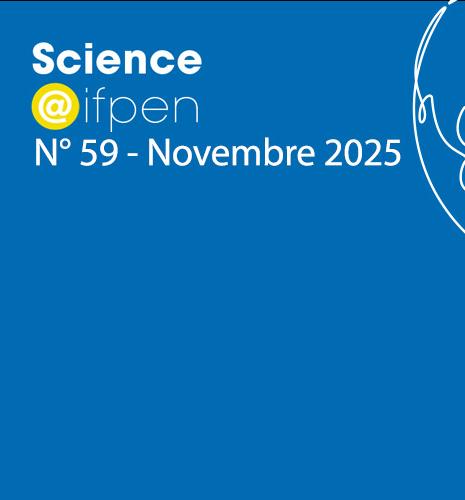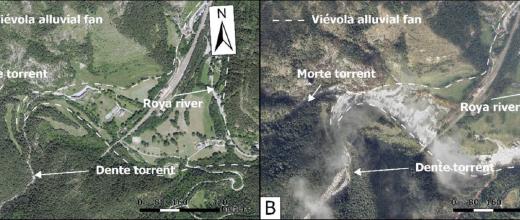Focus on...
Issue 59 of Science@ifpen - PhD projects and Yves Chauvin Prize
Yves Chauvin’s work on the mechanisms of olefin metathesis, for which he was awarded the Nobel Prize in Chemistry in 2005, marked a major turning point in our understanding of these mechanisms, providing a springboard for the development of the catalytic processes used in industry today.
2025 Yves Chauvin Prize: interview with the winner, Nicolas Fintzi
Nicolas Fintzi, winner of the 2025 Yves Chauvin prize, received his award at a ceremony held at IFPEN’s Rueil-Malmaison site on 27 November. The award was in recognition of Nicolas’ research focusing on gaining a better understanding of the buoyancy-driven droplet flows found in many chemical engineering processes, such as gravity separators and liquid-liquid extractors. Interview with the winner.
Metal criticality: what assessment criteria should be used?
Thesis prize: marine life to the rescue of reinforced concrete structures
Contribution of machine learning to the oxidation stability of hydrocarbons
The hydro-sedimentary and geomorphological impact of storm Alex on the Roya catchment area (Alpes-Maritimes, south-east France)
Pagination
Pagination
FUNDAMENTAL RESEARCH, THE BUILDING BLOCK FOR FUTURE INNOVATION
Objectives pursued, scientific challenges to be overcome, partnerships proposed: watch a video on IFPEN’s fundamental research strategy.
To find out moreResearch in a few figures
-
 1,095R&I engineers and technicians
1,095R&I engineers and technicians -
 30%of budget dedicated to fundamental research
30%of budget dedicated to fundamental research -
 9disciplinary fields
9disciplinary fields -
 15active fundamental research framework agreements
15active fundamental research framework agreements









